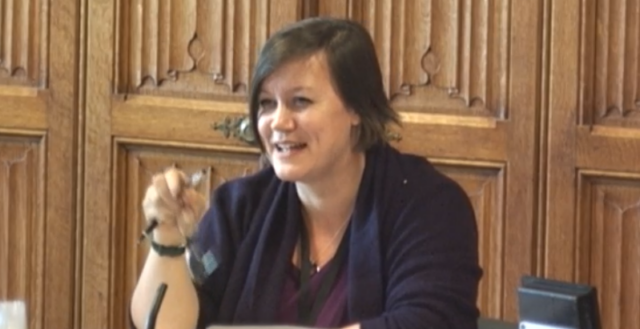Converting schools to sponsored academies does not consistently cause pupil performance to get better – with school improvement actually being “arrested or reversed” in some cases, government research has found.
An ad-hoc statistics release published by the Department for Education this morning found there is “substantial variation in performance and there are some schools with results well below national average performance” – even in schools which have been academies for more than seven years.
In some groups the report found there is “evidence to suggest year-on-year improvement has arrested or been reversed”.
However as some sponsored academies end up performing above the national average, the report concluded the “findings in this report do demonstrate that, overall, pupil outcomes in sponsored academies have typically improved since their formation in comparison with sets of similar schools”.

The analysis split academies into different groups based on the year of their first set of results and then compared improvement over time to a group of similar non-academy schools.
The publication comes as new figures show more than half of pupils are now taught in academies or free schools. Education secretary Damian Hinds has also today called for more schools to become an academy in a speech which celebrates the fact more than half of pupils are now taught in academies or free schools.
He said “standards are rising faster in many academies than in similar council-run schools”, citing the government’s findings into sponsored academies to support his claim.
The overall findings suggesting that academisation has been a mixed bag fits with other research into academy performance.
A National Foundation for Educational Research study in 2015 found differences in key stage 2 performance for sponsored and converter academies open for up to three years compared with similar maintained schools was not statistically significant.
There is evidence to suggest year-on-year improvement has arrested or been reversed
A slightly higher proportion of pupils got five good GCSEs including English and maths at academies than in similar maintained schools. However academies were significantly more likely to be rated as outstanding.
The NFER report concluded that “making all remaining local authority-maintained schools into academies is likely to make little difference to pupil performance, at least in the first few years”.
Another report by the Education Policy Institute found in 2017 there was significant variation in performance at different types of academies and academies “do not provide an automatic solution to school improvement”.
However Hinds repeated the report’s finding that academies are improving in their inspections from inadequate to good or outstanding after they became sponsored academies.
He said at the end of 2017, only one in 10 sponsored academy predecessor schools were judged good or outstanding before they converted. But now almost seven in 10 were good or outstanding after they became an academy, of those which had been inspected.
Hinds added: “In the past, schools that failed were allowed to stay under local authority control for far too long. Academies have changed all that – failing schools can now be taken away from local bureaucracies who have not been able to improve them and given to school leaders who can.”
Leora Cruddas, chief executive of the Confederation of School Trusts, said surpassing the 50 per cent mark was an “important moment”, adding: “School trusts are no longer a policy initiative – a small project in a much larger education system… We have come of age.”








The 2017 DfE analysis used by Hinds to claim spectacular improvement in Ofsted grades when schools become sponsored academies contains numerous caveats about the difficulty of comparing inspection data for previously LA schools before and after conversion. Hinds ignores this.
But if Hinds wants to throw away caution, the 2017 DfE analysis showed 35% of previously inadequate LA schools which became sponsored academies were still less than good at their most recent inspection as a sponsored academy.
https://www.localschoolsnetwork.org.uk/2018/09/its-the-education-secretary-whos-mistaken-about-academies-not-his-shadow